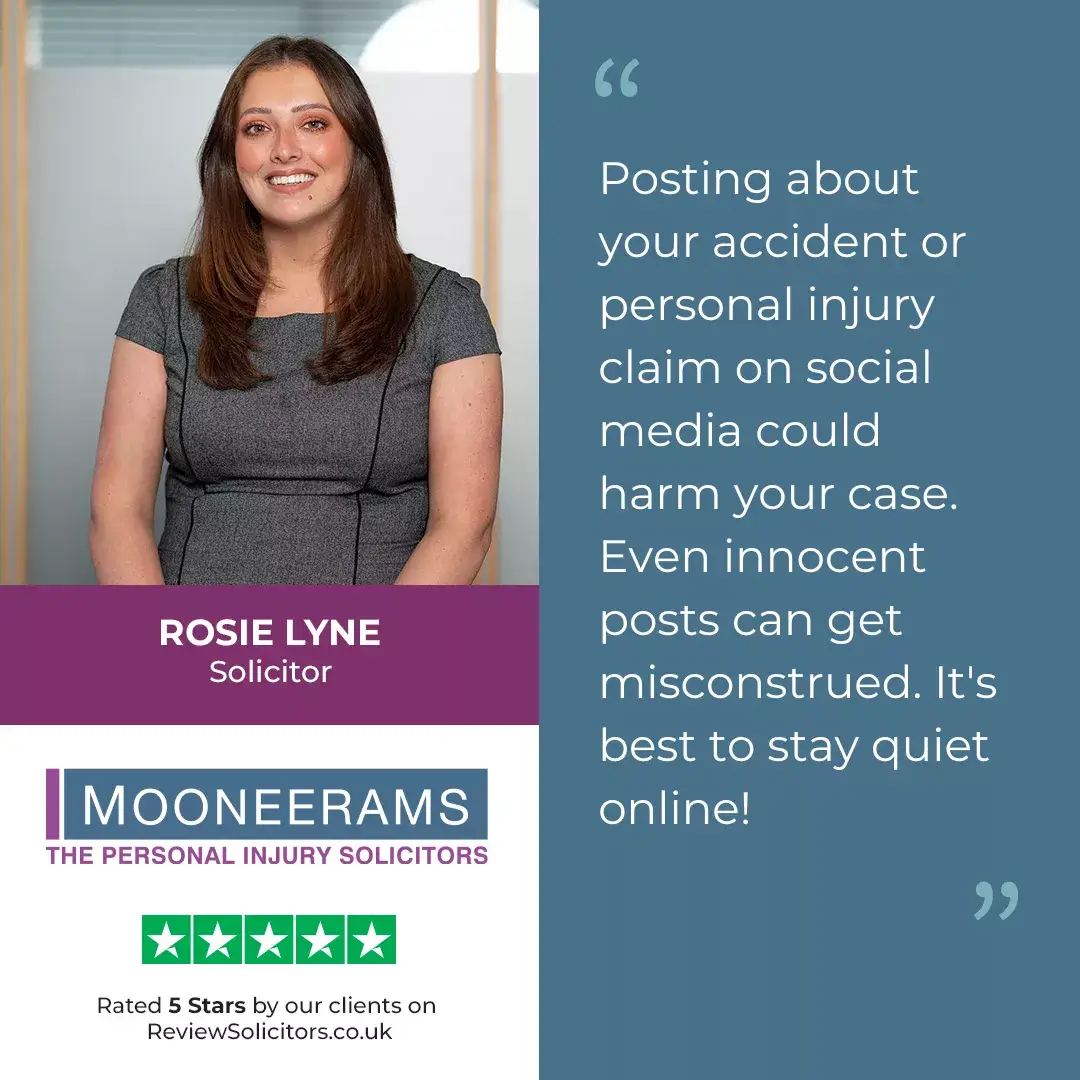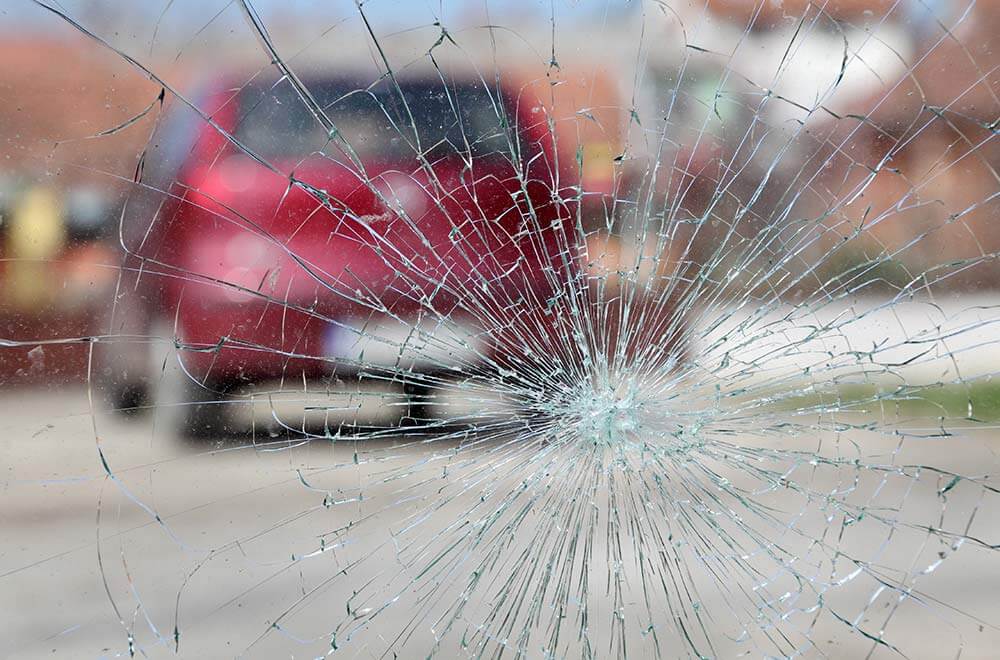The Personal Injury Claims Process
If you are injured in an accident that was caused by someone else, then you have every right to make a claim and you should do so – to get the compensation you deserve.
Your personal injury claim is likely to have resulted from one of the following accident types:
or any other type of claim that has resulted in you suffering a personal injury or industrial disease such as Asbestos Disease. In each case, the process to be followed is similar albeit with some accident type-specific differences.
Getting started with your injury claim
Write it down
Since one of the things that may be putting you off making that call to a personal injury law firm, is that you are worried that you will forget everything you want to say about the accident or that the solicitor will ask you lots of questions that you can’t answer, it’s a good idea to jot down some notes about the main points you can recall about the incident.
You are likely to feel more confident about calling a No Win No Fee solicitor if beforehand, you have scribbled down some notes that you can refer to during your conversation with the lawyer.
Take some photos
Wherever and however the accident happened, if you can get some photographs either just after the accident happened or at a later date, they may be of great help to your solicitor in helping to piece together how the accident happened.
Equally photographs of your injuries, depending on their type, can be useful, particularly in the case of burns, scarring, or laceration claims.
Go through your paperwork
Get together any receipts for expenses – taxi fares, prescription costs, medical bills etc, so that they are in one place. Keep a running total of the amount of money that you pay out for expenses that you wouldn’t have incurred but for the accident.
Witnesses
If there were witnesses to the accident, try to get their details – phone number and/or email address. It may be that you or someone on your behalf got these at the time of the incident. Other witnesses may come forward sometime after the accident. If liability for the accident ends up being disputed, witnesses as to fact, that is anyone who saw the accident, will be vital.
Find out if you can make a claim – call a specialist personal injury solicitor
Note that we said, ‘call a specialist solicitor’. We didn’t say call ‘an accident claims company’ also known as an ‘accident management company’. Claims companies are not solicitors’ practices. They are often run by marketing companies who make their money by selling on people’s personal injury claims to solicitors.
You may be attracted to the claims company because they have a nice website or by answering one of the many ‘had an accident, not your fault’ ads that crop up on TV or social media.
However, you then lose control of your claim because it will simply be sold on to a solicitor who is chosen for you because he has agreed to pay the fee that the claims company ants for it.
At Mooneerams Solicitors we are a highly trained team of personal injury solicitors. We’ve been in existence since 2002. We are a purely personal injury firm. That means we only take on personal injury compensation claims. We are specialist personal injury solicitors.
Call us on 029 2048 3615 to find out if you can make a claim. You can also get in touch by completing the online form on this page, leaving your name and phone number, so that we can call you back. Our email address if you prefer to communicate with us in that way, is enquiries@mooneerams.com.
Discuss your claim with a personal injury solicitor
When you get through to us, you will speak with an experienced personal injury solicitor right away. You’ll find that they will be friendly and only too pleased to help you. They will discuss details of the claim with you and at the end of the discussion, will tell you whether they think that you would have reasonable chances of succeeding if you were to bring a compensation claim. This initial discussion is entirely free of charge.

No Win No Fee personal injury claim
Once our solicitors have given the go-ahead for your claim, if you decide that you would like Mooneerams to pursue the claim for you, then we will in most cases, be able to offer to fund the claim using a No Win, No Fee agreement, also called a Conditional Fee Agreement (CFA).
If you want to find out more detail about funding your claim in this way, that go to our No Win No Fee advice guide. However, in a nutshell, if you sign up to a No Win, No Fee agreement, then in the event that your claim is unsuccessful, you will usually have nothing to pay.
Starting the claims process
It will now be time to write to the other party to advise them that you are making a claim against them. If we have details of their insurance company at this stage, we’ll send them a letter too. This is known as the letter of claim.
The other party, the Defendant has 21 days within which to respond to that initial letter.
After acknowledging the letter of claim, the Defendant has a period of three months, within which to investigate the claim and provide a full response. If liability is being formally denied, it’s at this stage that the Defendant will let the claimant know that.
Obtaining medical reports
We will arrange for you to attend a medical examination so that the full extent of your injuries can be established.
You probably went to your own doctor after the accident or were taken to hospital. You may even have been taken in as an in-patient at hospital for a while because of your injuries.
We will still arrange for you to have a medical examination because on the basis of this consultation the doctor, often a consultant surgeon, will prepare a medical report. This will form the basis of your claim (and it will only do so after you have specifically agreed its contents).
Depending on the nature and severity of your injuries, you may need to be examined a number of times during the course of the ongoing claim. This is to ensure that any ongoing symptoms, as well as treatment, will be taken into account and so that when the final report is done, it will confirm whether you have fully recovered, and if not how long complete recovery is likely to take.
Claims Process FAQs
Choose Mooneerams
Mooneerams solicitors have recovered millions of pounds worth of personal injury compensation on behalf of very satisfied clients since 2002.
We make the claims process as comfortable as possible for our clients. Most of the time there will be very little for you to have to do in connection with your claim, so it’s best to ensure that your claim is in good, experienced hands. It certainly will be with Mooneerams.
Call us on 029 2048 3615, email us at enquiries@Mooneerams.com or fill in the form on this page and we’ll call you straight back.
Don’t delay though – there are time limits for making a claim. The Limitation Act 1980 states a claim for personal injury must be started within 3 years from the date of the accident or it can’t be brought at all (except in certain circumstances).



